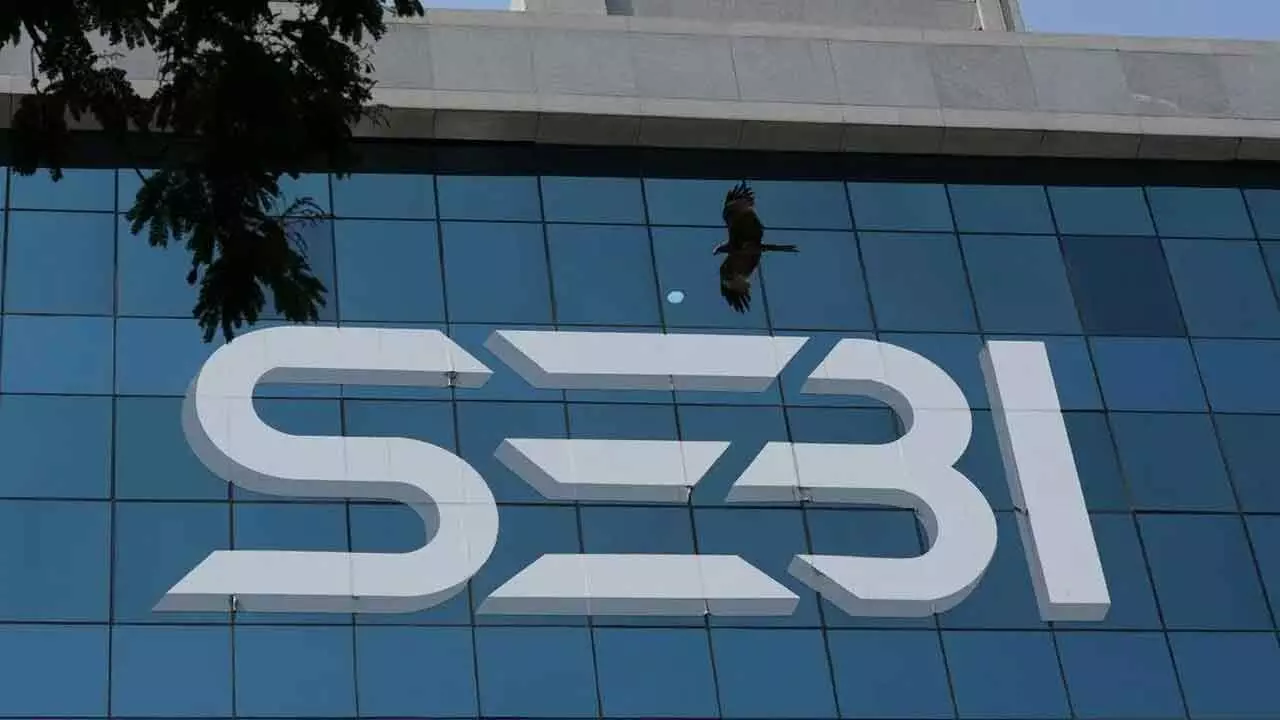SEBI Fines BSE Rs 25 Lakh Over Unequal Data Access and Broker Oversight Failures
SEBI has penalised BSE Rs 25 lakh for granting early access to corporate disclosures to insiders and paid clients, and failing to monitor broker client‑code changes. Read details and BSE’s response
image for illustrative purpose

The Securities and Exchange Board of India (SEBI) has imposed a Rs 25 lakh penalty on the Bombay Stock Exchange (BSE), citing two serious violations: unequal access to corporate announcements and insufficient monitoring of broker client-code modifications.
What Did SEBI Uncover?
During an inspection spanning February 2021 to September 2022, SEBI found that BSE’s internal systems allowed select clients and Listing Centre Module (LCM) teams early access to corporate disclosures before they were publicly posted — breaching Regulation 39(3) of the SECC Regulations.
The load-balancing architecture caused disclosure data to reach priority clients faster — in 98 of 100 cases LCM, and in 6 of 100 instances paid subscribers accessed the information prematurely.
SEBI also found BSE lacked oversight on client-code changes by brokers—raising red flags about possible misuse and inconsistent monitoring of error accounts.
SEBI’s Findings & Rationale
SEBI stated BSE’s practices compromised market fairness and transparency, noting, “any system that allows privileged early access—even due to technical reasons—must be rectified to maintain trust in the market”.
The exchange’s failure to implement an RSS feed to distribute announcements equally worsened the issue, despite no explicit regulatory mandate for RSS.
While SEBI recognised BSE has taken some remediation steps —like delaying paid-client access and enhancing monitoring—these measures came only after the violation was uncovered.
BSE’s Response
- BSE’s legal team maintained no trading loss occurred, arguing the infractions are rectifiable and fall within no-gain/no-loss grounds.
- The exchange has since implemented a time delay for paid clients (from September 13, 2023), upgraded access systems to favour public disclosures, and improved surveillance around error-account management.
SEBI emphasised that stock exchanges serve as the first line of market oversight, highlighting the need for transparent and simultaneous dissemination of sensitive information.
These lapses, although technical, are serious—undermining investor trust and the integrity of listed market data.

